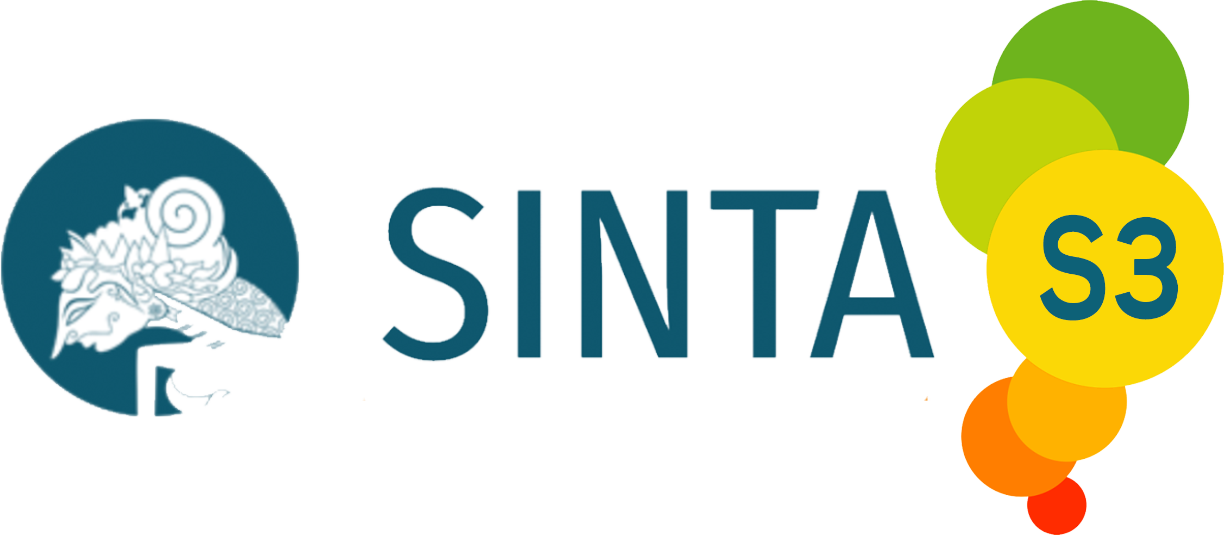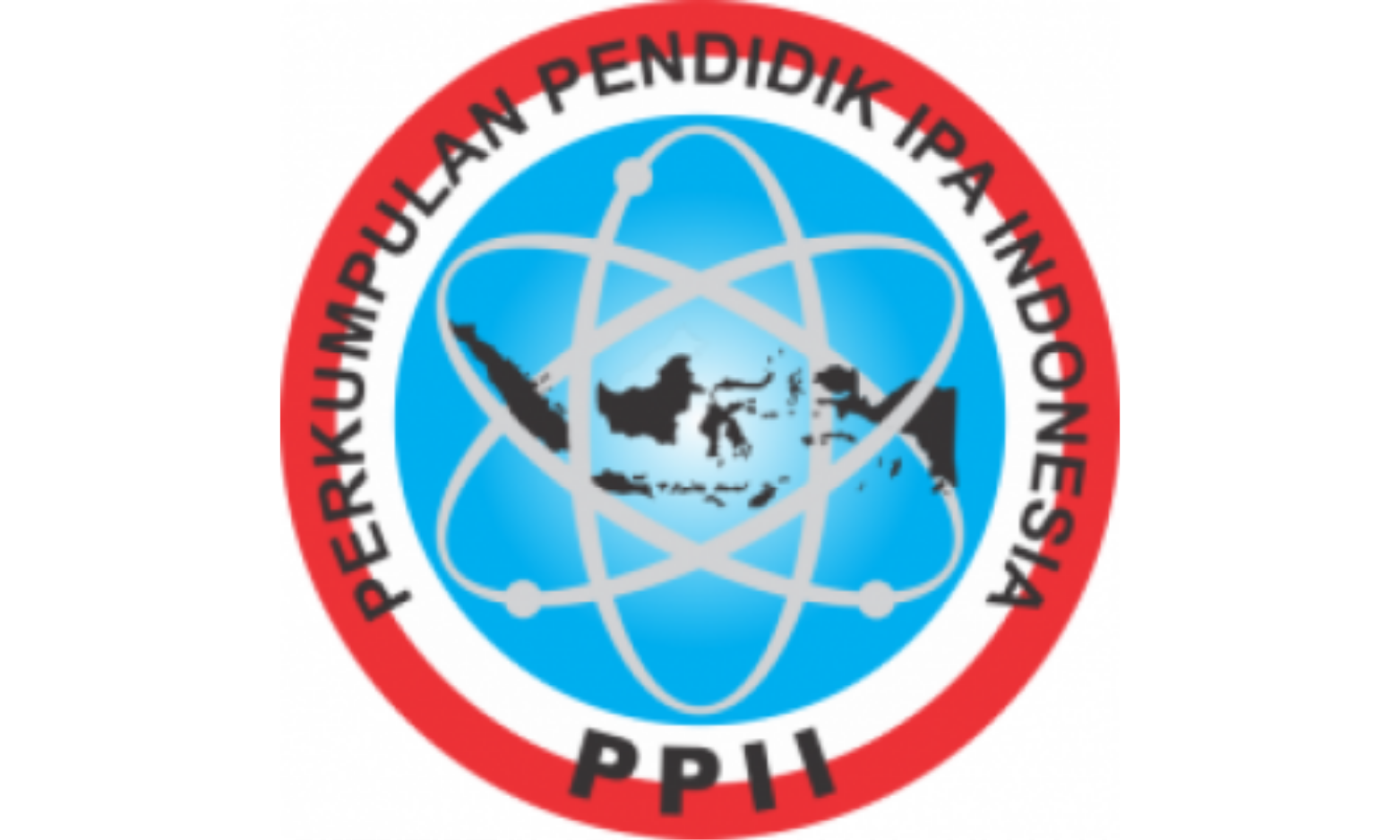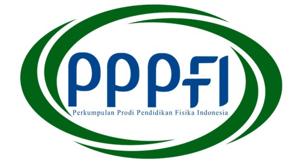THE LEARNING DESIGN TO IMPROVE THE LEARNING OUTCOMES ON THE ELECTRICAL CIRCUIT TOPIC
DOI:
https://doi.org/10.15575/jotalp.v7i2.17773Keywords:
Classroom action research, Project based learning, Traffic lightAbstract
References
Asrizal, A., Yurnetti, Y., & Usman, E. A. (2022). ICT Thematic Science Teaching Material with 5E Learning Cycle Model to Develop Students’ 21st-Century Skills. Jurnal Pendidikan IPA Indonesia, 11(1), 61–72. https://doi.org/10.15294/jpii.v11i1.33764
Bai, S., Hew, K. F., & Huang, B. (2020). Does gamification improve student learning outcome? Evidence from a meta-analysis and synthesis of qualitative data in educational contexts. Educational Research Review, 30, 100322. https://doi.org/10.1016/j.edurev.2020.100322
Baptist, K. J., Utami, D. N., Subali, B., & Aloysius, S. (2020). Effectiveness of project-based learning and 5E learning cycle instructional models. Jurnal Kependidikan, 4(1), 55–69. https://doi.org/10.21831/jk.v4i1.27107
Castro, R. (2019). Blended learning in higher education: Trends and capabilities. Education and Information Technologies, 24(4), 2523–2546. https://doi.org/10.1007/s10639-019-09886-3
Hosseinzadeh, N., & Hesamzadeh, M. R. (2012). Application of project-based learning (PBL) to the teaching of electrical power systems engineering. IEEE Transactions on Education, 55(4), 495–501. https://doi.org/10.1109/TE.2012.2191588
Hosseinzadeh, N., Hesamzadeh, M., & Senini, S. (2009). A curriculum for electrical power engineering based on project based learning philosophy. 2009 IEEE International Conference on Industrial Technology, 1–5. https://doi.org/10.1109/ICIT.2009.4939715
Imran, A., Amini, R., & Aliasar, A. (2019). The development of Science learning module use the Learning Cycle 5E for Elementary School student. International Conference on Education, Social Sciences and Humanities, 122–126.
Iturregi, A., Mate, E., Larruskain, D. M., Abarrategui, O., & Etxegarai, A. (2017). Work in progress: Project-based learning for electrical engineering. 2017 IEEE Global Engineering Education Conference (EDUCON), 464–467. https://doi.org/10.1109/EDUCON.2017.7942888
Khalaf, B. K., & Mohammed Zin, Z. B. (2018). Traditional and Inquiry-Based Learning Pedagogy: A Systematic Critical Review. International Journal of Instruction, 11(4), 545–564. https://doi.org/10.12973/iji.2018.11434a
Nugrahanto, S., & Zuchdi, D. (2019). Indonesia PISA result and impact on the reading learning program in Indonesia. International Conference on Interdisciplinary Language, Literature and Education (ICILLE 2018), 373–377. https://dx.doi.org/10.2991/icille-18.2019.77
Özenc, M., Dursun, H., & ŞAHİN, S. (2020). The effect of activities developed with web 2.0 tools based on the 5e learning cycle model on the multiplication achievement of 4th graders. Participatory Educational Research, 7(3), 105–123. https://doi.org/10.17275/per.20.37.7.3
Puspitarini, Y. D., & Hanif, M. (2019). Using Learning Media to Increase Learning Motivation in Elementary School. Anatolian Journal of Education, 4(2), 53–60. https://doi.org/10.29333/aje.2019.426a
Rahmawati, F., Achdiani, Y., & Maharani, S. (2021). Improving students’ learning outcomes using 5e learning cycle model. ASEAN Journal of Science and Engineering Education, 1(2), 97–100. https://doi.org/10.17509/ajsee.v1i2.33389
Rodriguez, S., Allen, K., Harron, J., & Qadri, S. A. (2019). Making and the 5E learning cycle. The Science Teacher, 86(5), 48–55.
Simamora, R. M. (2020). The Challenges of online learning during the COVID-19 pandemic: An essay analysis of performing arts education students. Studies in Learning and Teaching, 1(2), 86–103. https://doi.org/10.46627/silet.v1i2.38
Sundari, F. (2017). Peran Guru Sebagai Pembelajar Dalam Memotivasi Peserta Didik Usia SD. Prosiding Diskusi Panel Pendidikan “Menjadi Guru Pembelajar,†(April), 60–76.
Wilder, M., & Shuttleworth, P. (2005). Cell inquiry: A 5E learning cycle lesson. Science Activities, 41(4), 37–43. https://doi.org/10.3200/SATS.41.4.37-43
Wulandhari, C. A., Zulfiati, H. M., & Rahayu, A. (2019). Peran guru dalam pembentukan karakter peduli lingkungan melalui pembelajaran tematik di kelas IV SD 1 Sewon. Prosiding Seminar Nasional PGSD 2019, 1(April), 85–96.
Zhong, A., & Dockweiler, D. (2020). Learning Cycle-based Project Management and its Application. SPE Annual Technical Conference and Exhibition. https://doi.org/10.2118/201515-MS
Published
Issue
Section
Citation Check
License
Journal of Teaching and Learning Physics is licensed under a Creative Commons Attribution-NonCommercial-NoDerivatives 4.0 International License








